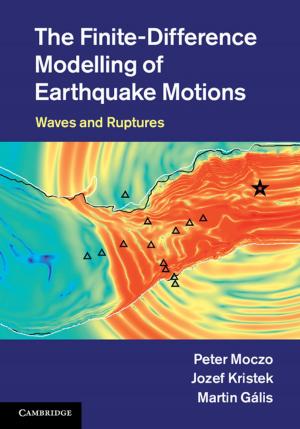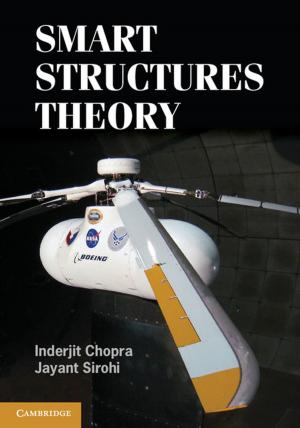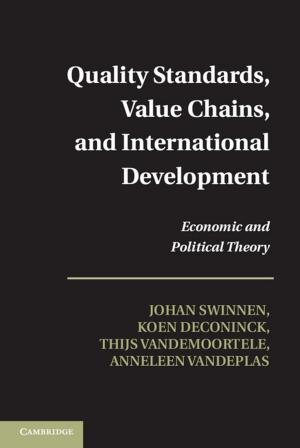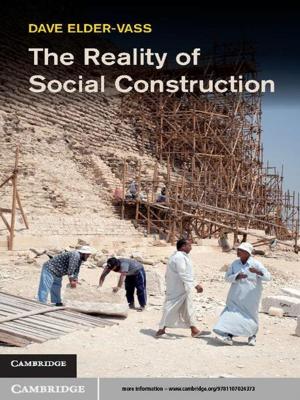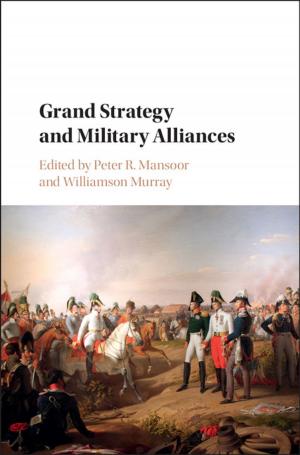A Guide to Monte Carlo Simulations in Statistical Physics
Nonfiction, Science & Nature, Science, Physics, Mathematical Physics, General Physics| Author: | David P. Landau, Kurt Binder | ISBN: | 9781139636698 |
| Publisher: | Cambridge University Press | Publication: | September 10, 2009 |
| Imprint: | Cambridge University Press | Language: | English |
| Author: | David P. Landau, Kurt Binder |
| ISBN: | 9781139636698 |
| Publisher: | Cambridge University Press |
| Publication: | September 10, 2009 |
| Imprint: | Cambridge University Press |
| Language: | English |
Dealing with all aspects of Monte Carlo simulation of complex physical systems encountered in condensed-matter physics and statistical mechanics, this book provides an introduction to computer simulations in physics. This edition now contains material describing powerful new algorithms that have appeared since the previous edition was published, and highlights recent technical advances and key applications that these algorithms now make possible. Updates also include several new sections and a chapter on the use of Monte Carlo simulations of biological molecules. Throughout the book there are many applications, examples, recipes, case studies, and exercises to help the reader understand the material. It is ideal for graduate students and researchers, both in academia and industry, who want to learn techniques that have become a third tool of physical science, complementing experiment and analytical theory.
Dealing with all aspects of Monte Carlo simulation of complex physical systems encountered in condensed-matter physics and statistical mechanics, this book provides an introduction to computer simulations in physics. This edition now contains material describing powerful new algorithms that have appeared since the previous edition was published, and highlights recent technical advances and key applications that these algorithms now make possible. Updates also include several new sections and a chapter on the use of Monte Carlo simulations of biological molecules. Throughout the book there are many applications, examples, recipes, case studies, and exercises to help the reader understand the material. It is ideal for graduate students and researchers, both in academia and industry, who want to learn techniques that have become a third tool of physical science, complementing experiment and analytical theory.

